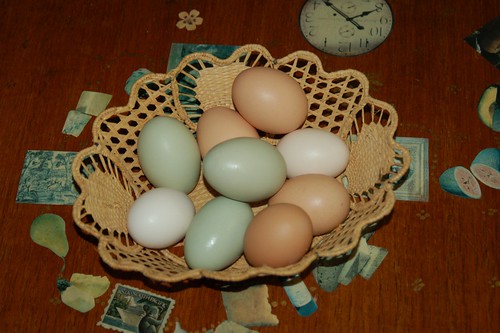Many people are discovering just how great an organic garden really can be. The aim of this article is to help the would-be organic gardener get out there and start planting. Use what you read and tips to get down to work!
Plant strawberries for your children in the organic garden.Children will be much more willing to eat other foods you’ve planted as well.
It can be easy to prepare your garden for perennial garden. Use a spade to dig into the turf, then flip each piece over, and spread wood chips on top to a depth of four inches. Let this sit for a couple weeks, then turn the earth and set up your new perennial bed.
Have some plastic bags on hand to put over dirty gardening shoes if they are muddy.
Space is important to remember when you plant an organic garden. You will most likely underestimate how much space you need when they are growing. Plan accordingly and leave enough space between the seeds.
Don’t let the chores in your organic garden pile up. Even if you can’t tend to your garden daily, you can try little things that will prevent you from having a lot of work when you return to your garden. For example, if your family is cooking out on the grill, take a few moments to pull some weeds as well.
When you are growing seedlings in your organic garden, try lightly petting your seedlings — either with the palm of your hand or something like a sheet of cardboard — once or twice each day. It may sound a little odd to do this, but research has shown that handling the seedling like this often will make them grow bigger than seedlings that are ignored.
Create raised beds with stone, bricks or untreated wood. Choose wood that is resistant to rot and is untreated.The best varieties include cedar, locust and cedar woods. In a veggie garden, avoid using treated wood to enclose or demarcate different sections of your vegetable garden.If the ground cover you’ve used already contained treated lumber, use a barrier such as plastic to line the bed.
Organic Garden
You just have to be patient if you want to get your organic garden into tip top shape. Apply the advice of this article, and enjoy the many benefits an organic garden can offer you. The tips in this article will lead to great success no matter which varieties you choose to grow.

